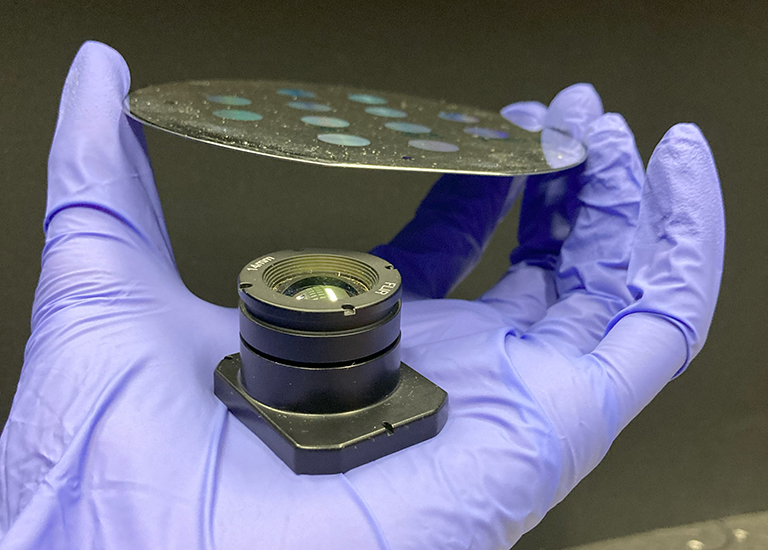Stevia or aspartame are widely used artificial sweeteners and popular sugar substitutes in low-calorie food and drinks, including diet sodas.
These low-calorie sweeteners allow people to enjoy sweet foods and drinks without affecting their blood sugar levels.
But the scientists have now confirmed that these healthier alternatives to sugar could have unexpected consequences for pregnant women.
These findings highlight the importance of maternal nutrition during pregnancy
Scientists at the University of Calgary in Canada have confirmed that pregnant women who use low-calorie artificial sweeteners may be more likely to have fat children.
Childhood obesity is one of the major global public health concerns of the 21st century
Babies born to mothers who consumed these sweeteners have an increased risk of obesity as it alters their gut bacteria.
The researchers fed artificial sweeteners or plain water to pregnant rats. Once the rats gave birth, the researchers weighed their pups and analyzed bacteria in their guts to assess how the sweeteners had affected them.
The sweeteners had minimal effect in rat mothers, but their pups were heavier with a higher percentage of body fat. These pups also had higher levels of some microbes and fewer of others.







